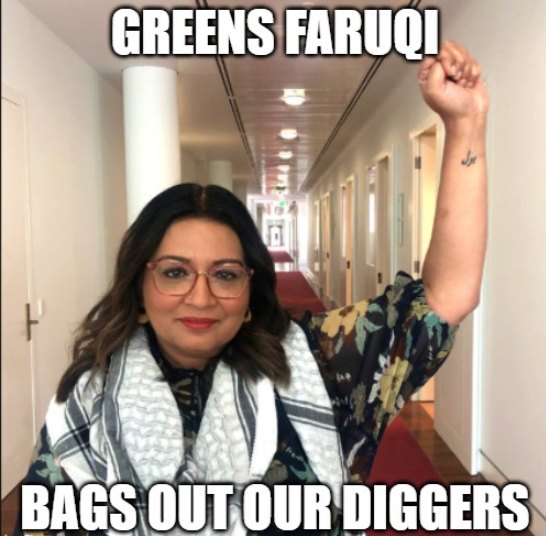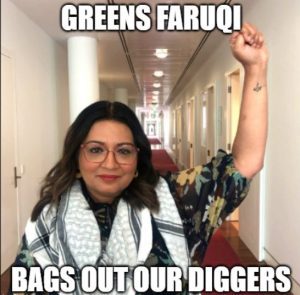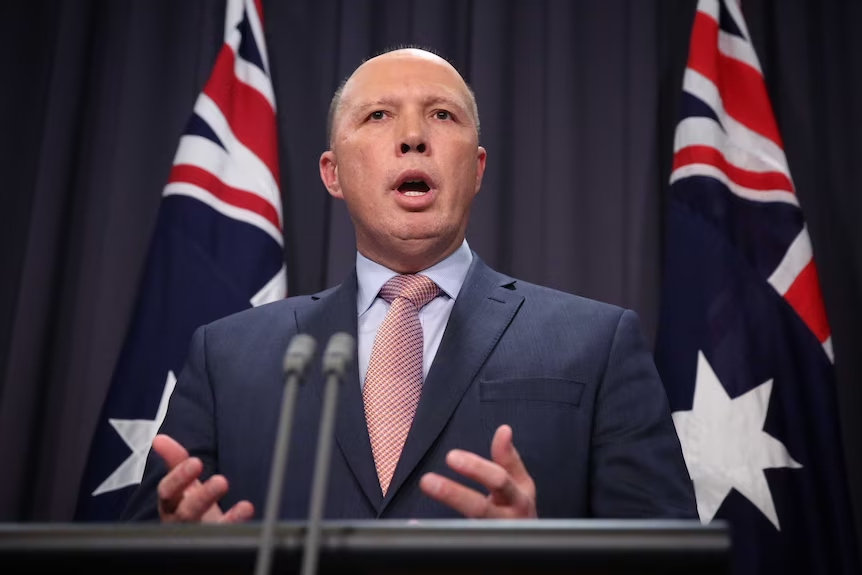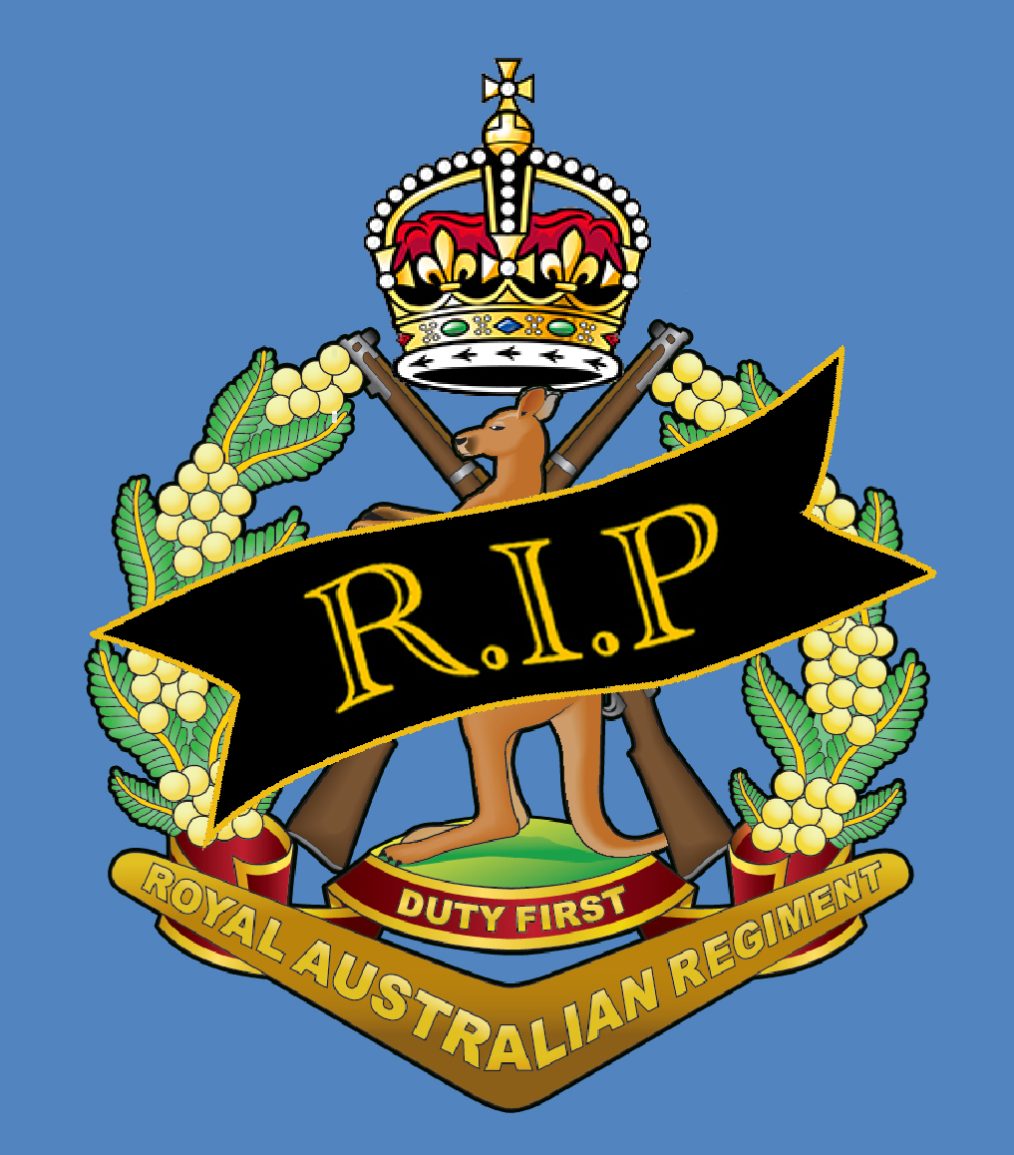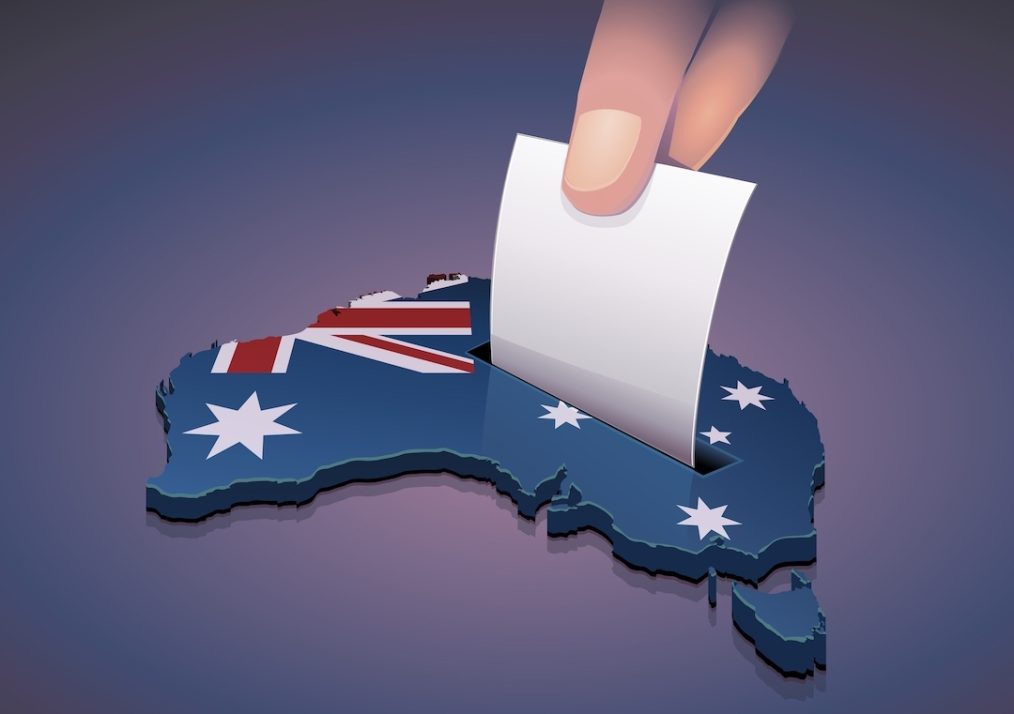The security and prosperity of Australia depend on maintaining a strong national identity and ensuring that those who seek to become Australian citizens share our values, respect our laws, and embrace our way of life. It is not just about handing out passports—it is about protecting what makes Australia one of the greatest nations on Earth.
Australia has long been a land of opportunity, attracting people from all corners of the world. Many have come here with a deep desire to integrate, contribute, and embrace Australian culture. These people should be welcomed with open arms. However, there are others who arrive with no intention of adapting, who wish to change our society to reflect the very countries they left behind. This is unacceptable.
We must take a firm stance when it comes to citizenship. The current system is far too lenient, and it is time for real reforms. A minimum period of eight years of residency before citizenship should be enforced, allowing sufficient time for individuals to demonstrate their commitment to Australian values. This period should include strict requirements such as consistent employment, a clean criminal record, and a thorough understanding of Australian laws, history, and customs.
Additionally, we must be wary of those who come with an agenda to reshape Australia into something it was never meant to be. Those who openly reject our values, refuse to integrate, or seek to impose foreign ideologies should not be granted the privilege of citizenship. Australia is a free and democratic nation built on principles of fairness, hard work, and mateship. Anyone who cannot respect that does not belong here.
Decisions about who becomes an Australian should not be influenced by globalist bureaucracies, foreign organisations, or leftist ideologues with no stake in the future of our country. It is Australians—real Australians—who should decide what is best for Australia. We cannot afford to be dictated to by career politicians and out-of-touch elites who do not have to deal with the real consequences of their weak policies.
For those who do not accept our laws and customs, the solution is simple: they are free to leave. Any Real Australian will gladly point them toward the nearest airport if they find our way of life so unbearable. We will not allow our country to be compromised by those who do not respect it.
The time for appeasement is over. It is time to put Australia first and ensure that those who wish to join us truly deserve the honour of calling themselves Australian.


